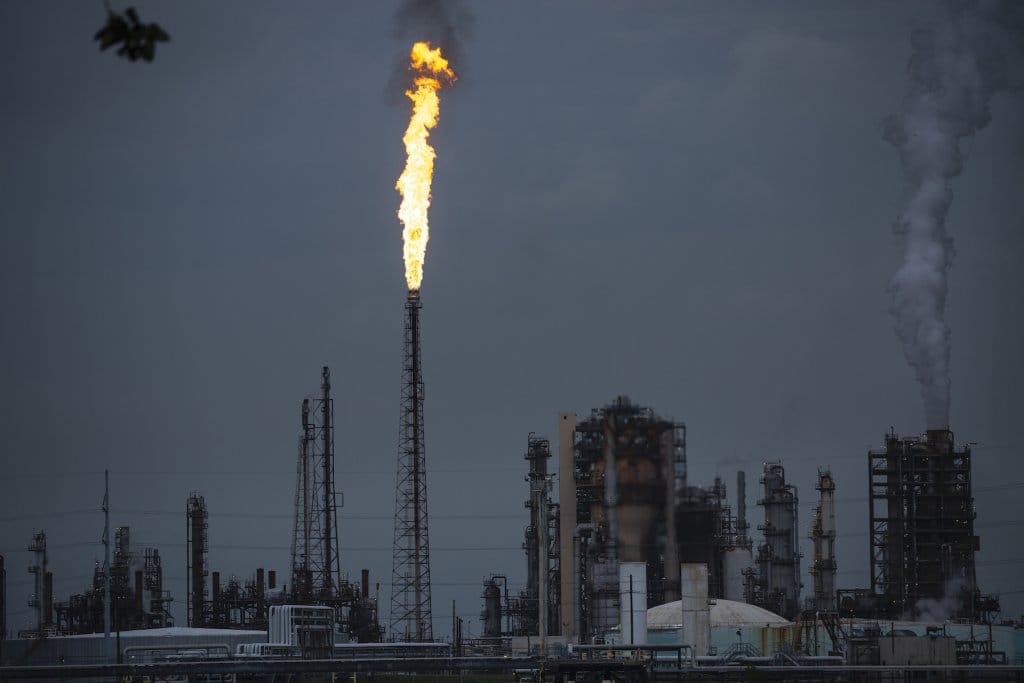Environmental group applauds proposed rule updates for flaring, idle wells
Proposed rules are being described by environmental advocates as a “critical step” toward reducing routine gas flaring of active oil and gas wells.

Published in the Louisiana Illuminator
Proposed rules released Wednesday by the Louisiana Department of Natural Resources are being described by environmental advocates as a “critical step” toward reducing routine gas flaring of active oil and gas wells and pushing operators to plug the more than estimated 20,000 idle wells throughout the state.
Representatives with the Environmental Defense Fund (EDF), a nonprofit advocacy group, say the proposed rules are an improvement over current state regulations for natural gas venting and flaring because they would lock in certain prohibitions around flaring while also removing certain exceptions.
Venting and flaring of active wells are seen as a significant source of gas waste. A recent EDF analysis found that in 2019, the practice wasted $16 million worth of energy resources. A primary component of natural gas is methane, a planet-warming greenhouse gas.
As for idle wells, which are ones that no longer produce oil but haven’t been sealed, the proposed rules would basically implement a fee scale whereby violators would face increasing fines. Currently they only have to pay a flat fee of $250 per well annually.
Unplugged, idled wells can lead to leaks that can contaminate soil, groundwater and air quality.
Louisiana has more than 28,000 oil and gas wells idling and in danger of becoming orphaned, according to the EDF.
“Gov. Edwards and the Department of Natural Resources’ Office of Conservation have taken a critical step to protect Louisiana taxpayers, create jobs across the state and safeguard the health of our families,” EDF state director Liz Russell said in a prepared statement. “Solutions to address waste from routine venting and flaring and prevent everyday Louisianans from footing the bill to clean up after industry are common sense, cost-effective measures we can’t afford not to take.”
The public comment period on the proposed rules ends at 4:30 p.m. Aug. 21.
Floodlight depends on a community of readers like you who are committed to supporting nonprofit investigative journalism. Donate to see more stories like this one.


